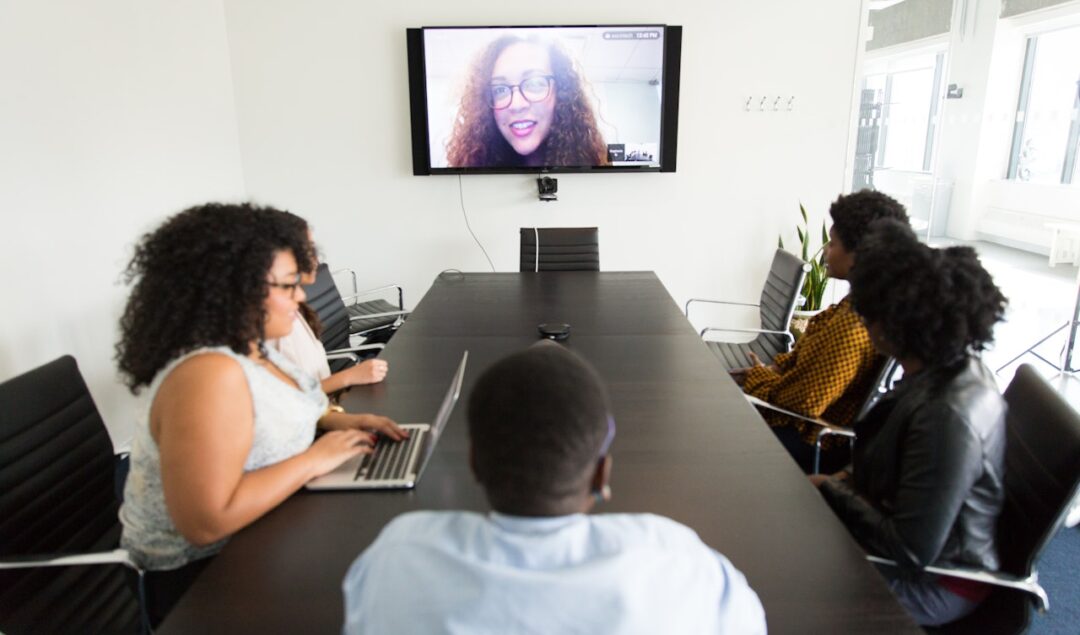These Three Black Women Are Building Business Schools To Address The Racial Wealth Gap

Rachel Allen, Ebony Cochran, and Jessie Hayes are creating a business school to close the racial wealth gap that hinders Black female entrepreneurs. Detroit has one of the highest concentrations of Black women–owned businesses in the US, but these women will often struggle to access the same financial capital as their white peers.
Allen, Cochran, and Hayes are all successful Black entrepreneurs, but they don’t want to leave other Black people behind.
“We’ve waited long enough to be invited to spaces that weren’t built with us in mind,” Cochran said. “This is about rewriting the narrative of what wealth looks like in Detroit—on our terms.”
Cochran’s school
In June, Ebony Cochran launched the Detroit Wealth Club. This 7,300-square-foot space provides Black Detroiters with the tools for wealth generation through entrepreneurship, financial planning, credit literacy, and real estate ownership, according to The Michigan Chronicle.
The investment in the space is made up of $155,000 from Cochran’s personal fund, a $50,000 Motor City Match grant, and $10,000 from the Build Institute. She believes that this club is a movement. “We’re teaching entrepreneurship that leads to ownership, and ownership that leads to freedom. It’s a platform for people to shift from survival mode to wealth-building—and to do it in community.”
The club is a full circle moment for Cochran, who started her first business blocks away from Detroit Wealth Club and became the first Black woman to own a Little Caesars Pizza franchise in the state of Michigan.
Rachael Allen’s school
Allen is transforming her nonprofit, Operations School (OSchool), which has already helped 2,000 entrepreneurs and nonprofit leaders with legal registration, operations, and marketing through its flagship “Get Your Business Legit” program.
Similar to Cochran, when she became an entrepreneur, she had no external funding. She used $200,000 of her own money before securing a $2.8 million Small Business Support Hubs Grant from the Michigan Economic Development Corporation—becoming the only Black woman recipient among 27 grantees statewide.
“I started this with no funding, which isn’t something a lot of people can say,” Allen said. “It’s given me a greater sense of responsibility to keep this program going and to keep building what is possible.”
Jessie Hayes’s school
As the founder of The Hayes Institute of Esthetics & Entrepreneurship—Michigan’s first business school focused on multicultural skincare and ownership in the beauty industry —Hayes saw the gap in both access and cultural representation within esthetics education.
She decided to create a business school to license estheticians and shape beauty CEOs. The Institute combines state-approved esthetics licensing with entrepreneurial training. The school offers aspiring estheticians 750 hours of specialized training in multicultural skincare, acne treatment, and product development, tailored to the needs of Black women.
“The Hayes Institute stands on the shoulders of my family’s entrepreneurial and leadership spirit—a legacy of builders, dreamers, and, most importantly, doers. My goal is to leave a mark that outlives me, one that opens doors for the next generation of beauty and business leaders who look like us and dream like us,” she says.
Image: WOCintech



